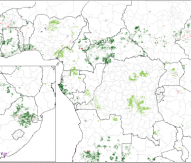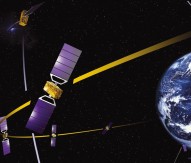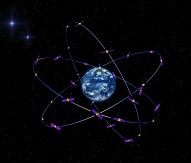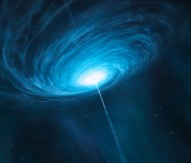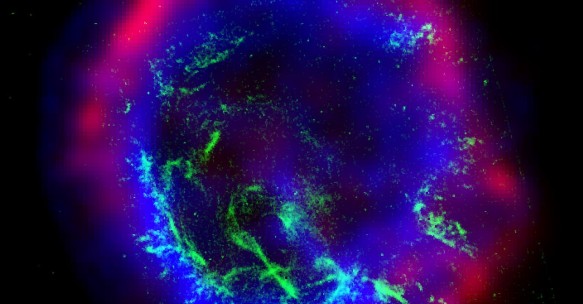
Study of cosmic explosions to further understanding of dark energy
Funded by the European Research Council, scientists from the University of Southampton, UK are aiming to further our understanding of dark energy, the mysterious and unknown force that powers the accelerating expansion of our Universe.
The new project, which has just received more than £1.6m (~€1.98m) funding from the ERC, will use cosmic explosions known as supernovae, violent thermonuclear explosions from dying stars that can outshine entire galaxies, to make measurements of dark energy.
Professor Mark Sullivan, who is leading the project, says: “The nature of dark energy is one of the outstanding problems in modern physics: dark energy comprises around 70% of the Universe and will dictate its ultimate fate, yet we have little clear idea as to what dark energy is.”
The researchers plan to study a new and rare form of supernova explosion that could allow them to make measurements in the very distant Universe, where no cosmological measurements like this have ever been made before and, from that, information about the mysterious dark energy. At the same time, the researchers also want to understand the physics of the exploding stars better, as supernovae are responsible for most of the elements (other than hydrogen and helium) in the Universe.
Sullivan added: “Not only is understanding dark energy a challenge, but these new explosion types suggest that the tools that we use for its study may also be poorly understood. Research such as this continues our exploration and understanding of the Universe that surrounds and intrigues us.”
The project, ‘Supernova: Physics and Cosmology in the Next Decade’, starts on 1 June. The grant will provide five years of confirmed funding to build a world class team to perform the research.

